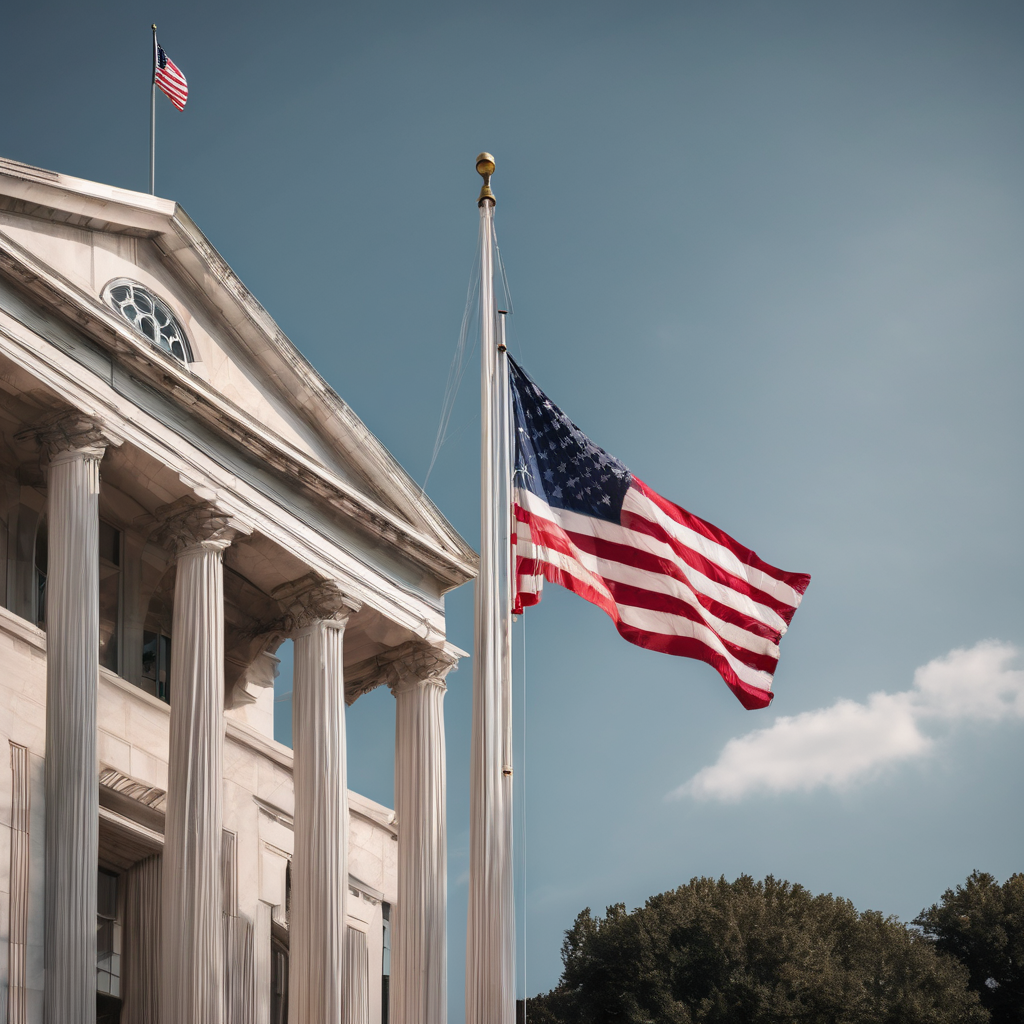Former Vice President Dick Cheney passed away on Monday, November 3, at the age of 84, prompting flags to be lowered to half-staff across the United States. Despite being a prominent figure within the Republican Party, President Donald Trump and Florida Governor Ron DeSantis have yet to publicly comment on Cheney’s death. While Press Secretary Karoline Leavitt confirmed that Trump is aware of Cheney’s passing, he has not issued a traditional proclamation ordering flags to remain lowered, citing statutory law instead.
Cheney’s legacy as a key architect of the “War on Terror” during George W. Bush’s presidency has made him a controversial and influential figure in American politics. Ironically, during his lifetime, Cheney and Trump had a strained relationship, with Cheney once labeling Trump a threat to the republic. Despite being from the same party, their differing views have often put them at odds, culminating in Cheney’s vocal criticism of Trump’s actions, including his handling of election integrity.
Reactions from Florida politicians were mixed, with former Governor Jeb Bush praising Cheney as a “wonderful person and a great patriot,” while Senator Rick Scott shared condolences for the Cheney family. However, other prominent Florida political figures, including Governor DeSantis and Senator Marco Rubio, have remained silent on the matter.
Cheney’s death was due to complications from pneumonia and his long-standing health issues, including several heart attacks. His passing has rekindled discussions around his political legacy and the behaviors of prominent figures in the Republican Party who have been relatively quiet about his passing.
As for flag protocol, U.S. Department of Veterans Affairs guidelines dictate that flags are flown at half-staff upon the death of a vice president, from the day of death until burial. While details surrounding Cheney’s funeral have not been disclosed yet, discussions regarding the possibility of him lying in state at the U.S. Capitol are ongoing.
Cheney, born in Nebraska and raised in Wyoming, is remembered for his work in government and his often polarizing role, which will continue to shape discussions about American politics for years to come. His impact on both foreign and domestic policy remains a significant part of his complicated legacy.
